The White House has begun exploring a fresh security deal with Saudi Arabia that leaves Israel out of the picture, according to a report published by Axios. This potential two-way arrangement marks a sharp turn from earlier U.S. plans that hinged on bringing the Saudis and Israelis together under a shared security umbrella.
Changing Course
The Biden administration's apparent shift toward a standalone U.S.-Saudi security framework comes after months of setbacks in pushing for Saudi-Israeli ties. While details remain unknown, insiders say talks now center on bolstering direct military and intelligence links between Washington and Riyadh, rather than pursuing the broader regional pact previously envisioned.
Defense experts watching the developments note several factors likely driving this change. Growing threats from Iran, ongoing instability in Yemen, and Saudi Arabia's push to modernize its armed forces have all raised the stakes for securing strong defense partnerships. At the same time, rocky Israeli-Arab relations amid regional tensions have complicated any path toward rapid Saudi-Israeli cooperation.
The timing raises eyebrows in diplomatic circles, given Washington's earlier insistence on including Israel in regional security plans. Yet sources say the administration has taken a more practical view in recent weeks, recognizing that Saudi Arabia's immediate security needs might be better met through direct U.S. engagement.
The Potential
Behind closed doors, negotiators are reportedly working out the specifics of what enhanced U.S.-Saudi security ties might look like. Defense technology sharing, joint military exercises, and closer intelligence cooperation top the list of likely areas, though neither party has spelled out specifics publicly.
Saudi officials have long sought stronger security guarantees from Washington, particularly given Iran's growing regional influence. A bilateral deal could address these concerns more quickly than waiting for the complex diplomatic dance of Saudi-Israeli normalization to play out.
For the U.S., strengthening ties with Riyadh carries strategic weight beyond just countering Iran. Saudi Arabia's position as the world's largest oil exporter and its growing economic clout make it a crucial partner in a region where American influence faces increasing competition from China and Russia.
The Future
While talks appear to be moving forward, seasoned Middle East watchers caution against reading too much into early reports. Previous attempts at reshaping regional security arrangements have often stumbled over technical details or shifted priorities.
Some analysts suggest that pursuing a separate U.S.-Saudi track might actually improve prospects for eventual Saudi-Israeli cooperation. By decoupling immediate security needs from the thornier issue of normalization, both processes could potentially advance at their own pace without one holding up the other.
Questions linger about how other regional players might respond to a strengthened U.S.-Saudi security relationship. Gulf neighbors, particularly the UAE and Qatar, watch closely for signs of how such an arrangement might affect their own strategic positions. Iran, meanwhile, likely views any expansion of U.S. military ties in the region with suspicion.
The unconfirmed nature of these discussions leaves room for various scenarios to unfold. Whether they lead to a formal agreement, and how such a deal might reshape Middle Eastern security dynamics, remains unclear. What's certain is that Washington's approach to regional diplomacy continues evolving, with traditional frameworks giving way to more flexible arrangements shaped by current realities.
As both sides weigh their options, the outcome of these reported talks could signal broader shifts in how the U.S. approaches its Middle Eastern partnerships. With regional tensions high and security challenges mounting, the stakes for getting this diplomatic balance right have rarely been higher.



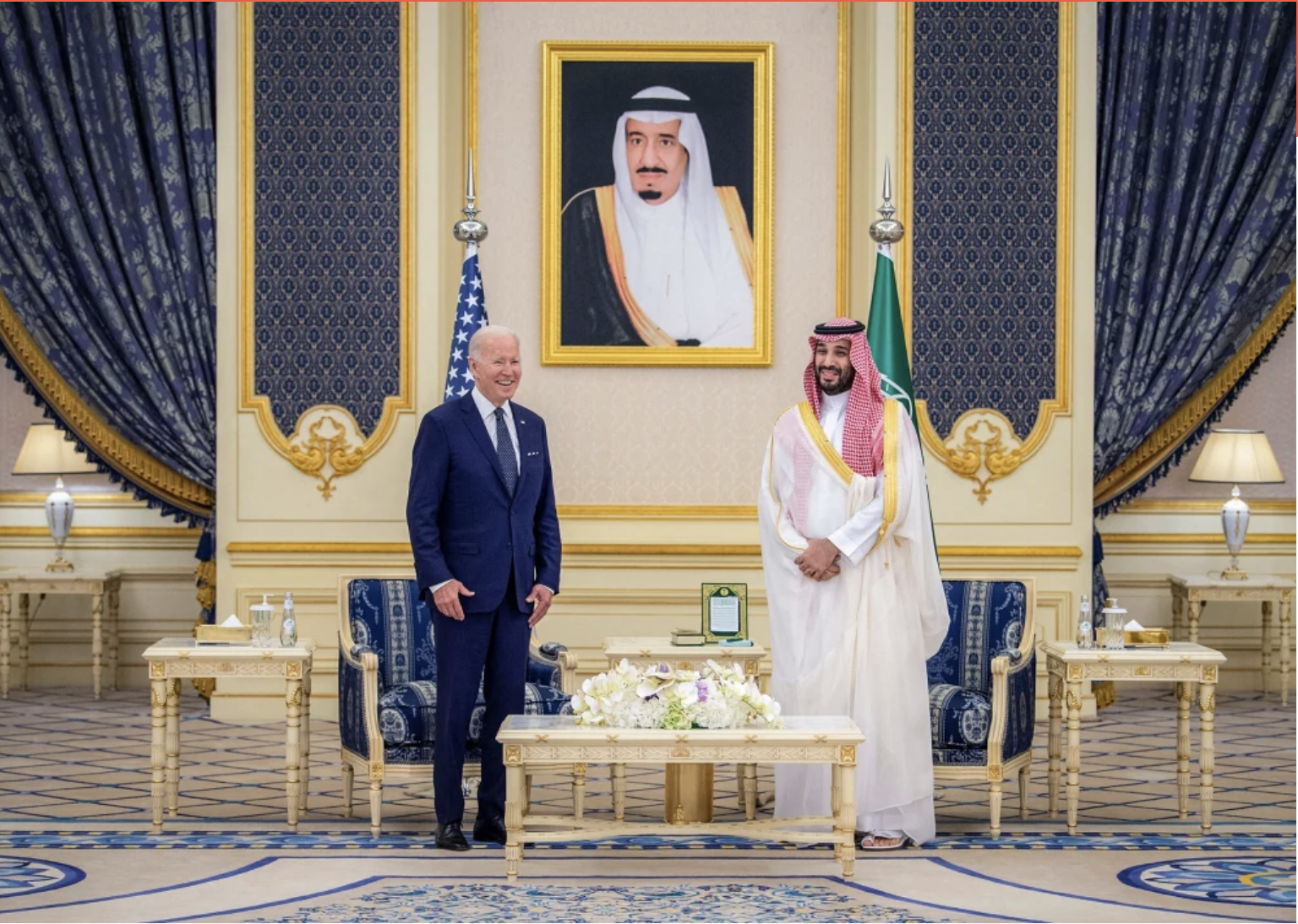
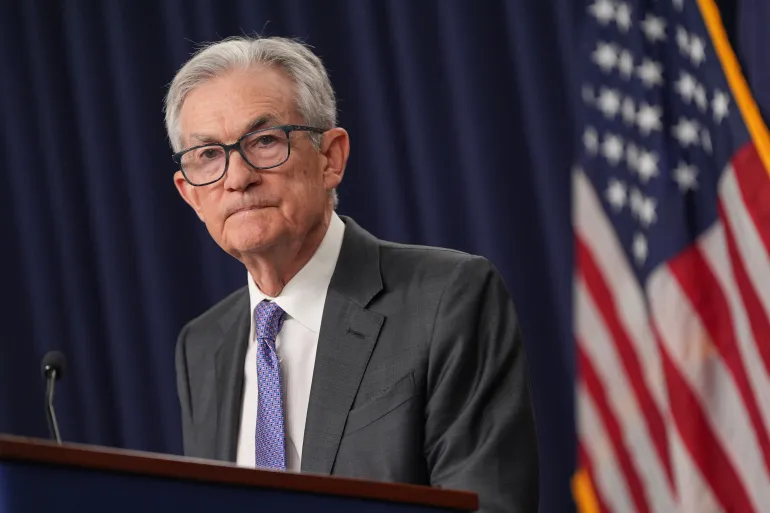

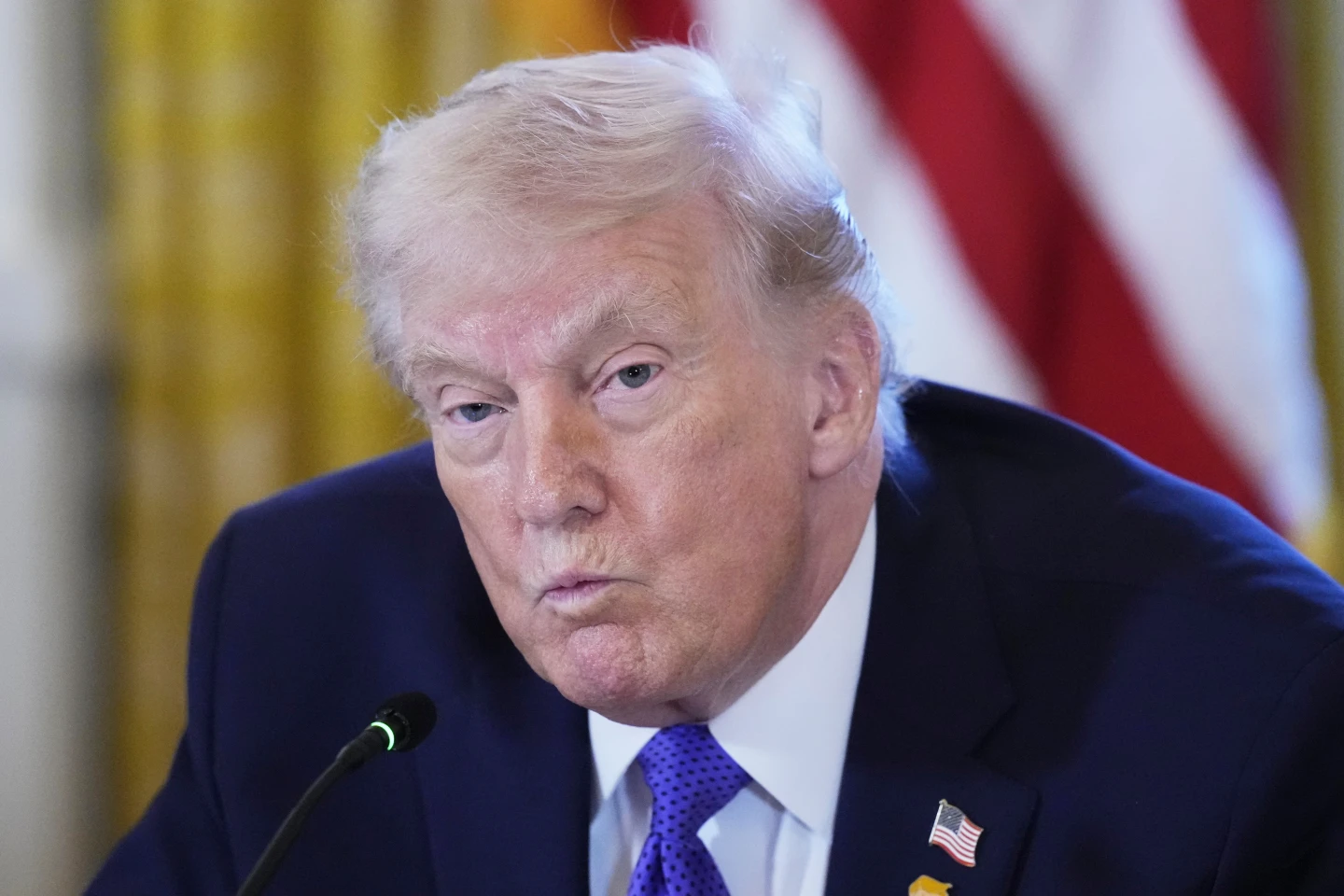
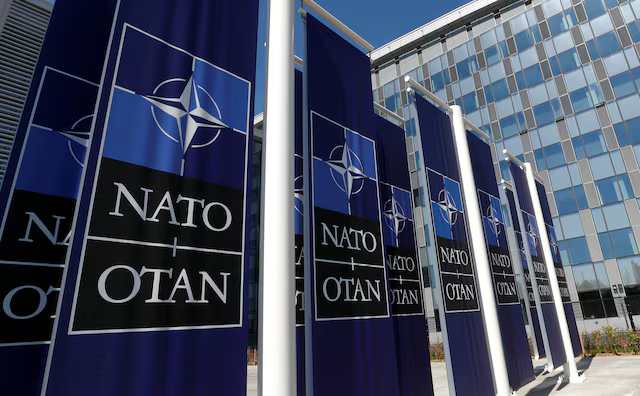
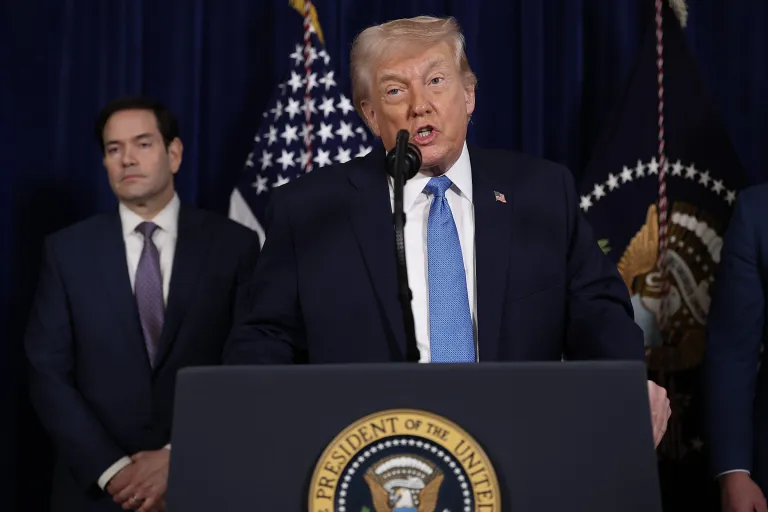
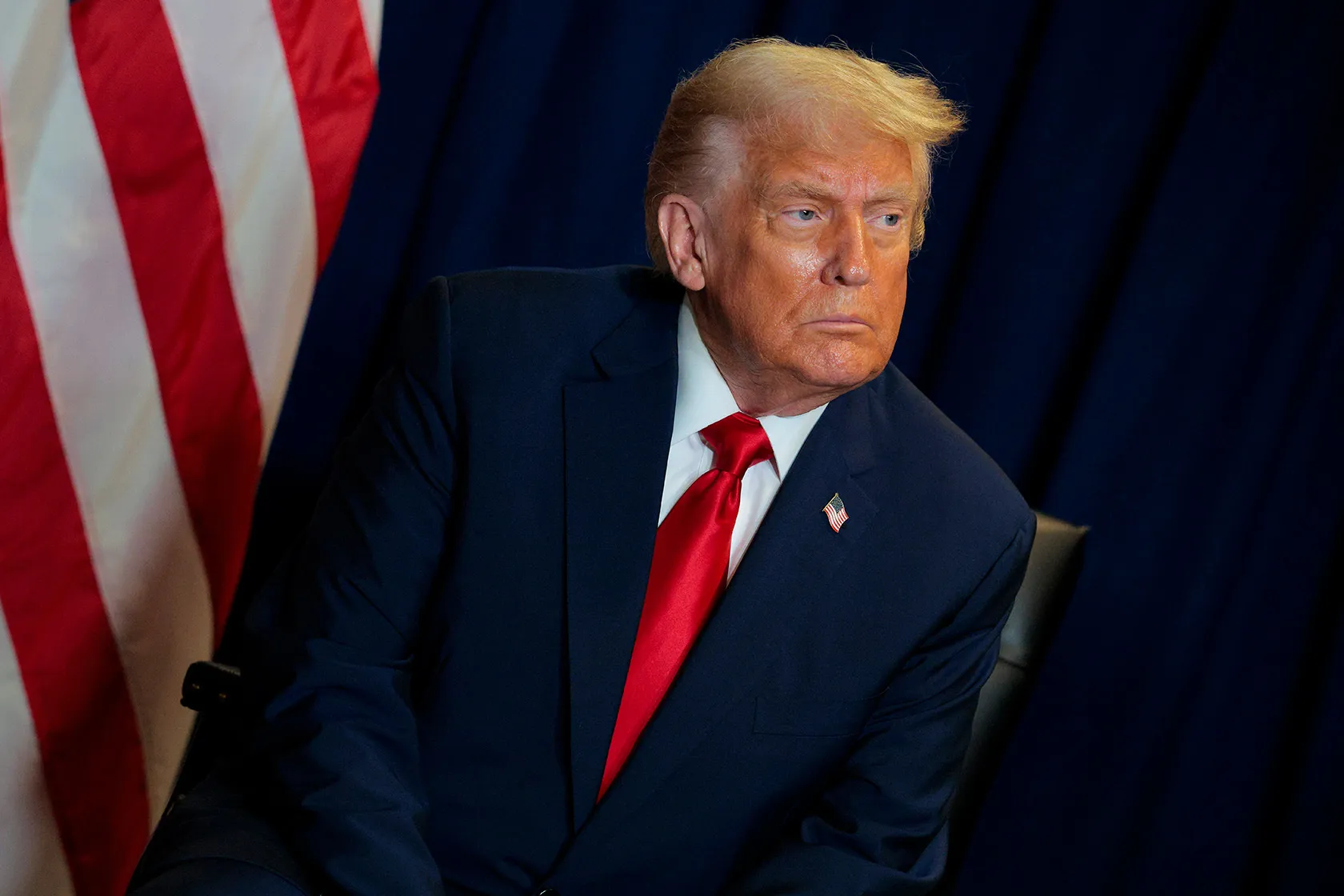
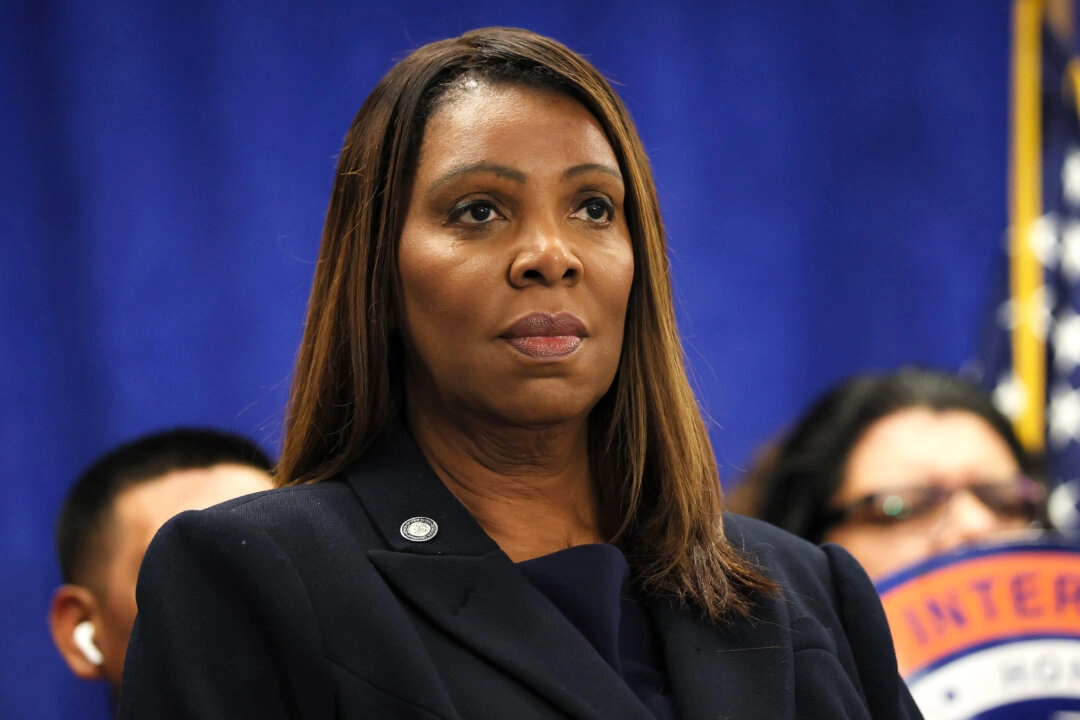

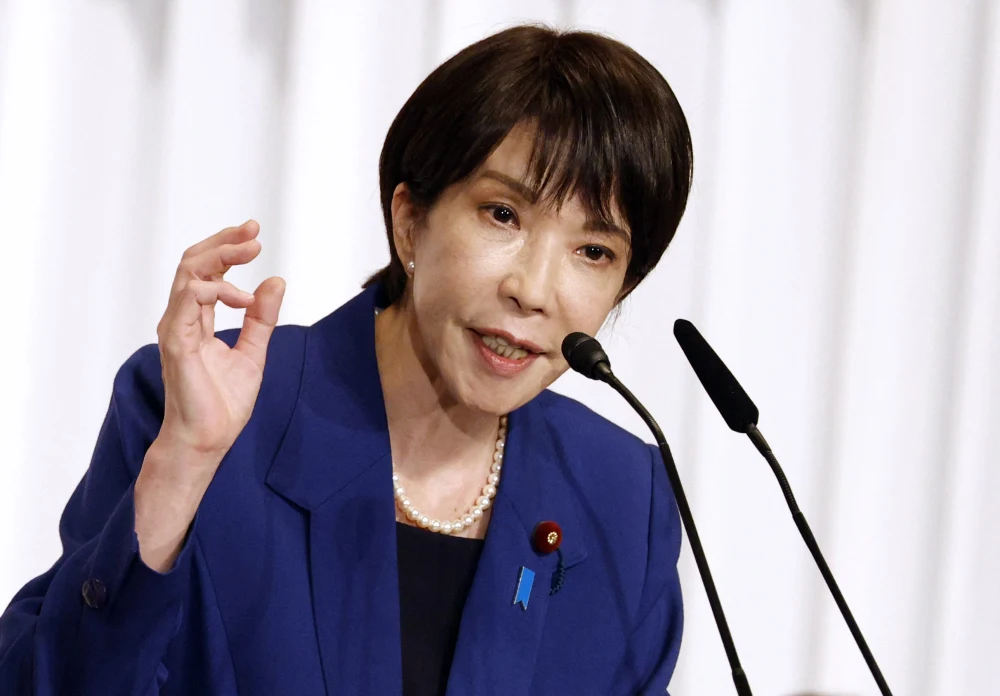

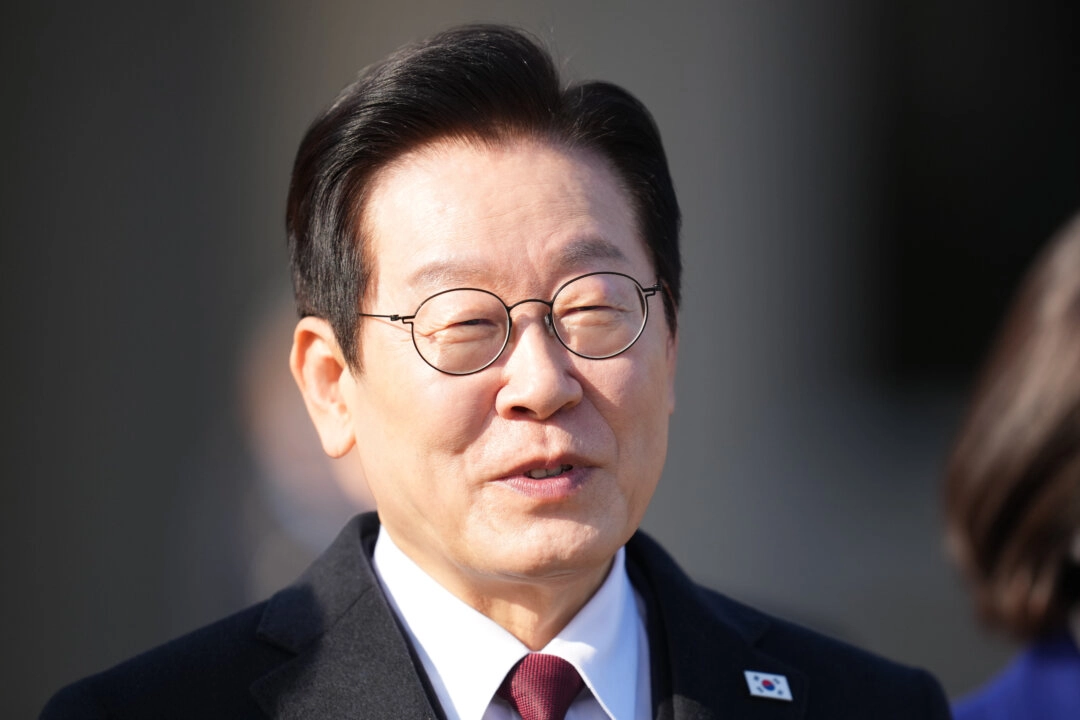
Discussion